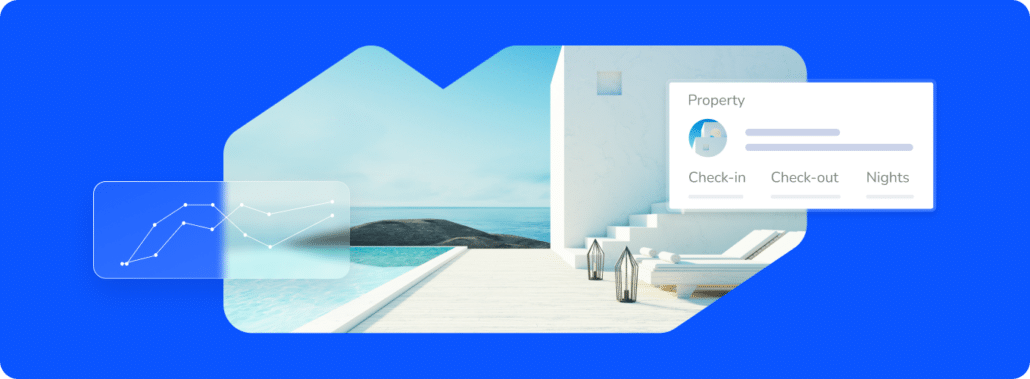This is a guest post by Pricepoint, an automated revenue management system for hotels.
The premium asset known as dynamic pricing in revenue management used to be the exclusive territory of airlines and large hotels. These massive titans of the hospitality industry leveraged real-time pricing to reap the associated rewards and benefits for years. Recently, technological breakthroughs have made the accessibility of dynamic pricing platforms available to hotels of all shapes, sizes, and budgets. No longer is dynamic pricing exclusively for big bank customers: even small hotels can implement dynamic pricing platforms to maximize revenues, occupancy, and RevPAR. Now, even the independent hotel can leverage this tool that has been so successful for so many for so long!
Savvy revenue managers are always on the lookout for new tools and technologies to make their lives easier and their businesses more efficient. Similarly, it might also sound like a lot of time and effort to track thousands of individual factors like seasonality, customer behavior, supply and demand, and to constantly have to update room prices and push them to OTAs manually. If you looked up the definition of burnout, you might find a picture of this revenue manager, smoke blowing out of his ears, tearing up sheets of paper and throwing them in the air!
Dynamic pricing for hoteliers
Enter the dynamic pricing platform, a revenue management system for hotels that automates the entire process. A revenue manager will still be able to oversee and monitor the software, but a dynamic pricing platform takes a lot of the day-to-day, nitty-gritty grunt work off that revenue manager’s plate, freeing them up for more executive-level decisions.

How to adopt a dynamic pricing platform
But how would this hypothetical revenue manager we’ve invented for this blog implement such a revolutionary tool before comically throwing his torn up documents into the air? One would hope the process would be painless as possible – they’ve suffered enough! Here are steps towards adopting a dynamic pricing platform:
- Step one: Choose the right tool
To do so, the following questions need to be answered:
- How often should prices be updated (daily, several times a day, per booking change)?
- How much time and effort should be spent on this tool (how much time does the revenue manager have to monitor this tool)?
- How much technical support is needed (does the platform’s team pick up the phone. Will the customer be supported)?
- How important is it to be ahead of the competition (is the pricing strategy proactive or reactive)?
- Is there a free trial (is it paid for up-front or try-before-you-buy)?
- Step two: Integration
Once a tool and provider have been selected, integration begins. Ideally, the vendor’s technical team walks a customer through the integration process, preparing the account before launch. Then a revenue manager or account executive will meet with the customer in order to familiarize them with their new dynamic pricing platform.
- Step three: Get set up
After integrating with a dynamic pricing platform, a revenue manager begins by filling in some of the information the system needs. The dynamic pricing engine is fed as much historical data as possible for the algorithm to get to work. When it comes to an AI-Based dynamic pricing platform, that historical data begins the process of AI learning, and the software begins to understand the hotel’s pricing trends. The dynamic pricing platform, connected to a PMS (Property Management System) integrates 2-ways with the PMS and Channel Manager to both push and pull (read and write) rates, stock, availability, etc.
Another useful feature in a dynamic pricing tool is the ability to set price parameters. A hotelier will want to maintain control of their independent hotel, and being able to set prices as a spectrum to help ensure all stock is always sold.
- Step four: Monitor
If the platform is automated, all the revenue manager has to do is occasionally check-in to steer the ship and review reports. Otherwise, the revenue manager will have to update the engine as many times as they see fit.

What to look for in a dynamic pricing tool
When introducing a dynamic pricing system, make sure the following is included in the product:
- 2-way integration with OTAs/Channel Managers
- Price Setting Parameters
- Competitor Rate Shopper
- Real-Time Updates
- Automation
Never has it been easier for the independent or smaller hotelier to harness the power of a large corporation, all for a fraction of the price. Don’t let smoke billow out your ears, and keep your important documents un-shredded! When it comes to implementing a dynamic pricing software, the real question is not “how?” The real question is “when?” and the answer is ASAP!
